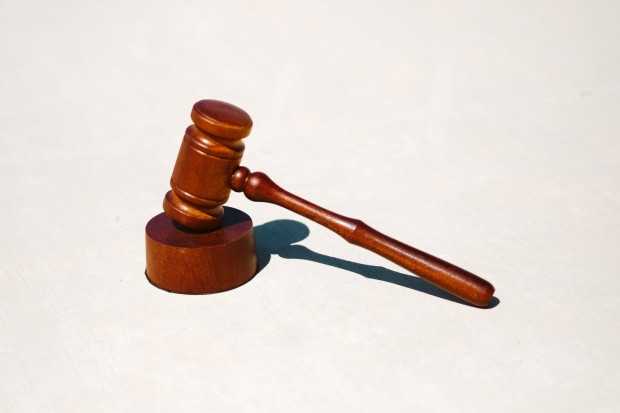Common Personal Injury Defenses to Limit Liability


According to the National Safety Council (NSC), 62 million people in the U.S. sought medical attention for an injury in 2021. In situations where an injury is incurred due to the negligence of another, the injured party may have legal recourse entitling them to receive compensation for the harm they have suffered to their body, mind or emotions.
Personal injury law encompasses a wide range of cases including slip and fall accidents, medical malpractice, and product liability. Motor vehicle accidents are amongst the leading cause of personal injury in the U.S, however, injuries arising from other types of transportation are also on the rise as reports show a 160% surge in patients hurt by electric scooters.
While you may feel entitled to compensation following an accident, the outcome will depend on a number of factors. This article will look at the conditions which must be established to be successful in a personal injury claim as well as some of the defenses which may be employed to limit or negate liability.
When pursuing a personal injury claim, the plaintiff must establish that the defendant was negligent or acted intentionally, and that their actions were the direct cause of their injuries. This requires that the following four elements be established:
The defendant had a duty to act in a way that would not cause harm
The defendant breached that duty
The breach of duty was the cause of the injury
The plaintiff incurred damages
Defendants often employ a variety of defenses in personal injury cases to avoid or reduce liability.
If the plaintiff had a pre-existing condition the defendant may argue that they are not responsible for their injuries. For example, they may assert that whiplash injuries following a car accident were due to a prior neck injury sustained by the plaintiff rather than due to the fault of the defendant. They may rely on the plaintiff's medical records and other evidence to establish the existence of a condition prior to the accident. In such cases, compensation will be denied, however, the defendant may still be liable for any exacerbation of the pre-existing condition that resulted from the accident.
This defense alleges that the plaintiff's own negligence contributed to their injuries, and therefore, the defendant should not be held liable for the full amount of damages. In states that follow the contributory negligence rule, if the plaintiff is found to be even slightly at fault, they may not recover any damages.
The superseding cause defense alleges that an intervening event, such as the actions of a third party, was the primary cause of the plaintiff's injuries, rather than the defendant's actions. If successful, it can limit or absolve the defendant of liability.
Under this defense, the plaintiff's claim is barred by the statute of limitations, which is a time limit within which a lawsuit must be filed. If the plaintiff files the lawsuit after the statute of limitations has expired, the defendant can use this defense to have the case dismissed.
It is important for plaintiffs to understand the defenses that can be used to limit or avoid liability in order to prepare robust arguments to counter them.
© 2023 Lawyer Herald All rights reserved. Do not reproduce without permission.
* This is a contributed article and this content does not necessarily represent the views of lawyerherald.com
Get the Most Popular Lawyerherald Stories in a Weekly Newsletter

